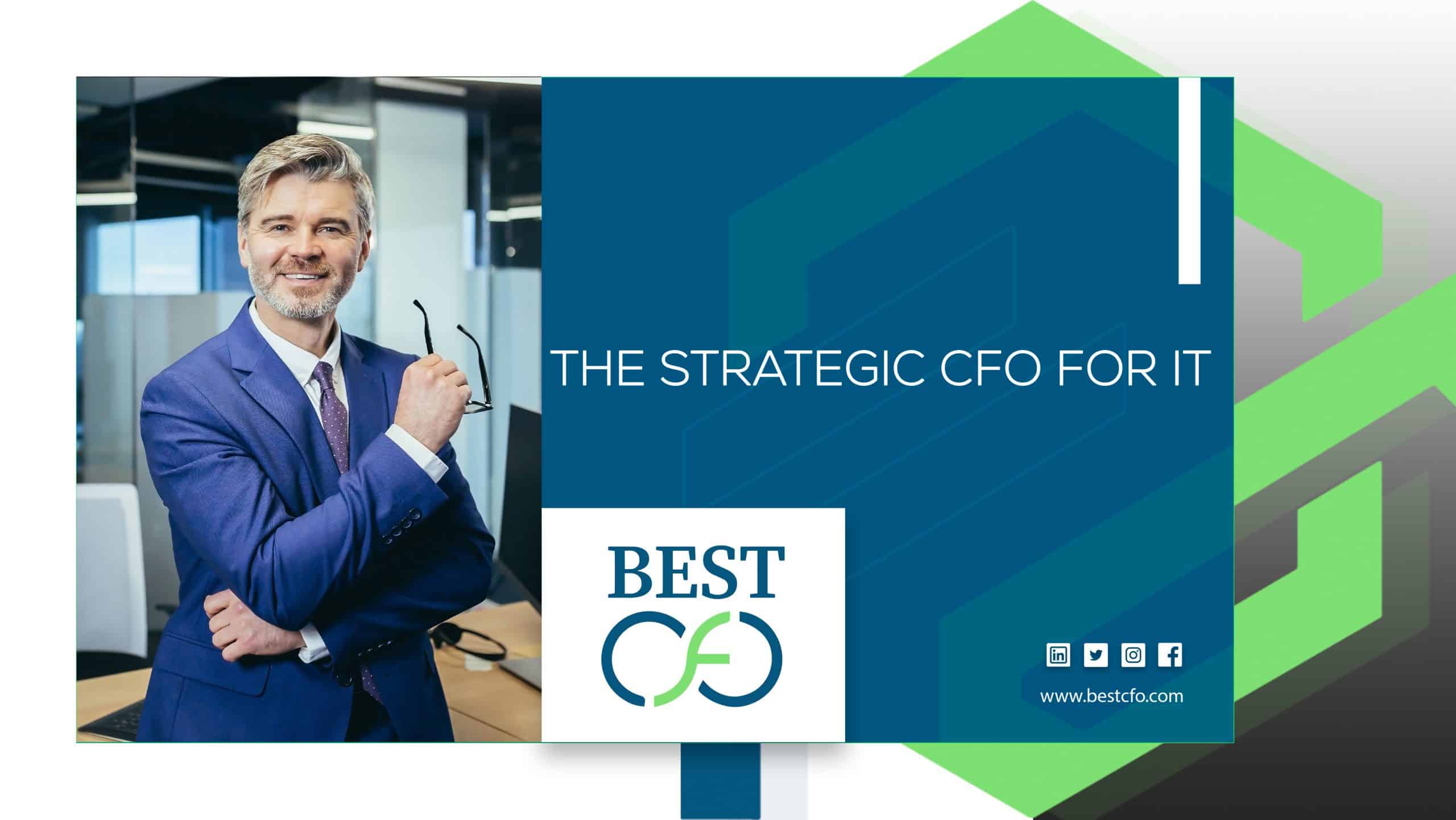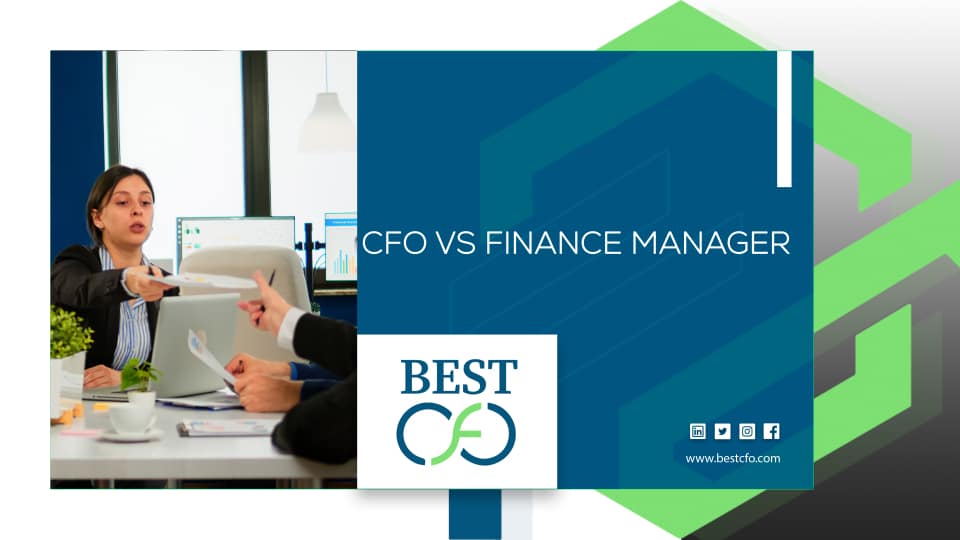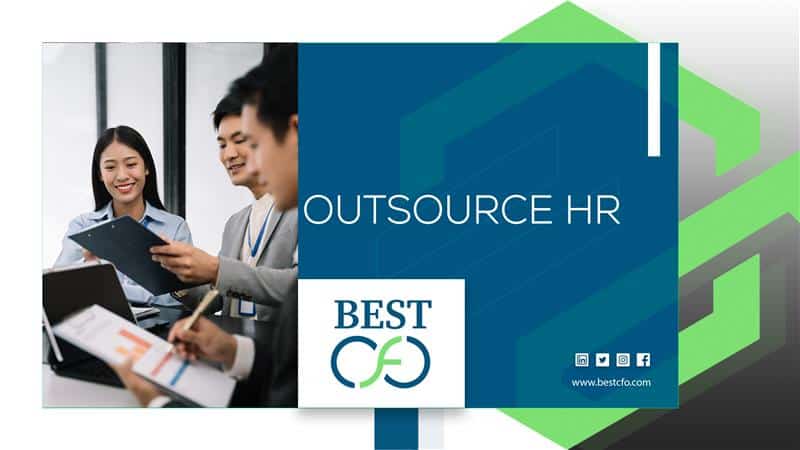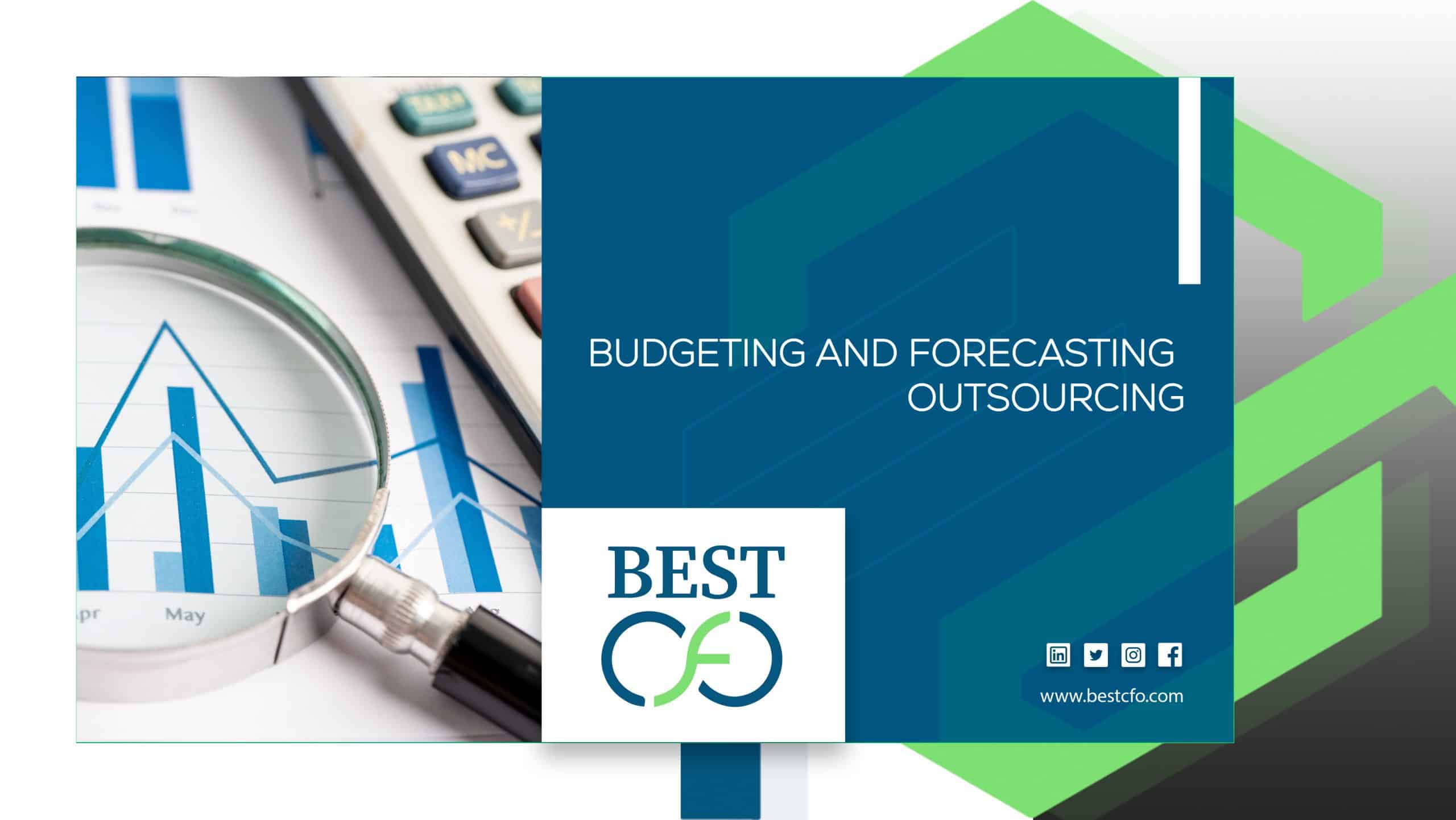
| Getting your Trinity Audio player ready... |
Accounting as a Service: How Accounting Firms Deliver More Value
Accountants aren’t just about spreadsheets and tax deadlines anymore. Their role has grown from crunching numbers to offering strategic advice that helps businesses thrive.
This modern approach is called Accounting as a Service (AaaS). Instead of waiting until year-end to see how the business performed, today’s accountants deliver real-time insights and advice that actually helps companies grow.
In this blog, we’ll show you how Accounting as a Service turns old-school accounting into a powerful, value-driven solution.
The Evolution of Accounting: From Compliance to Strategic Advisory
Firstly, let’s look at the evolution of accounting from the traditional role of accountant to the rise of accounting as a service:
The Traditional Role of Accountants
In the past, accountants mainly focused on:
- Bookkeeping
- Tax filing
- Preparing financial statements
Their work was often reactive during tax season or after financial issues popped up. There wasn’t much regular interaction, and most small businesses saw accountants as someone they met once a year.
The Shift to Advisory Services
After traditional role of accounting now things are different afterwards:
Thanks to cloud accounting tools and automation, many of those manual tasks are handled by software. What businesses really want today is financial advice that helps them make smarter choices all year round.
Modern CPAs are now seen as trusted advisors. They’re involved in everything from budgeting and growth planning to risk management and technology integration.
The Rise of Accounting as a Service (AaaS)
So, what is accounting as a service?
In simple words, you pay a monthly fee, and in return, you get a bundle of services that fit your needs from basic bookkeeping or full CFO-level advisory. These services are powered by the latest tech:
- Real-time financial reports
- AI-driven forecasting
- Business intelligence dashboards
Key Components of Accounting as a Service
Since, you explore the history of accounting services now let’s overview it components of accounting as a service:
Cloud-Based Accounting & Automation
Platforms like QuickBooks Online and Xero are leading the charge here. They use smart technology to:
- Automatically enter and organize transactions
- Reconcile bank statements
- Generate reports instantly
AI-based tools can even spot trends and flag financial red flags early. This cuts down on human error and saves time.
Financial Reporting & Real-Time Insights
Forget waiting for month-end. With AaaS, you can see your Key Performance Indicators (KPIs) in real time.
Dashboards show:
- Cash flow trends
- Profit margins
- Outstanding invoices
Advanced systems also offer predictive analytics, helping you forecast future financial health with accuracy.
Tax Planning & Strategic Compliance
Instead of scrambling during tax season, AaaS providers help you plan all year:
- Finding credits and deductions
- Structuring income for lower taxes
- Staying compliant with changing laws
It’s all about strategy first, not just filling out forms.
CFO Advisory & Business Growth Consulting
Many AaaS firms offer Fractional CFO services. That means you get expert advice without hiring a full-time executive.
They help with:
- Budgeting
- Fundraising
- Planning for expansion or even an exit
For growing businesses, this kind of guidance is priceless.
How Accounting Firms Deliver Value Through Accounting as a Service
Now, let’s understand the method by which firms deliver more value through accounting as a service:
Customized Service Tiers for Different Business Needs
No two businesses are the same. That’s why most firms offer tiered plans like:
- Basic: Bookkeeping, tax filing
- Advanced: Financial dashboards, business insights
- Premium: Full CFO services, strategy sessions
This makes it easy for startups and growing companies to get what they need — and nothing they don’t.
Client-Centric Approach
Modern firms check in often. Expect:
- Monthly or quarterly financial reviews
- Industry-specific advice for fields like real estate, e-commerce, or healthcare
- Help with decision-making and goal tracking
They become true partners in your success.
Scalability for Growing Businesses
AaaS grows with you. Need more support during a funding round? Scale up. Finished your expansion? Scale back.
Many firms offer flexible pricing:
- Subscriptions
- Retainers
- Project-based billing
Plus, services integrate with your ERP, CRM, or payment systems for a seamless experience.

The Benefits of Accounting as a Service
Here are the benefits that AaaS provides businesses:
Cost Efficiency for Businesses
Hiring an in-house team is expensive. With AaaS, you only pay for what you need:
- No payroll costs
- No employee benefits
- Just one monthly fee for expert service
This makes high-quality accounting accessible for startups and mid-size firms.
Improved Decision-Making with Data-Driven Insights
Thanks to real-time dashboards, you always know how your business is doing:
- See what’s selling
- Track expenses
- Forecast revenue
You can even model “what if” scenarios to make informed choices before acting.
Enhanced Compliance & Risk Management
Automation reduces human error. AI can catch:
- Duplicate entries
- Fraud attempts
- Missing documentation
AaaS firms also build in internal controls to help you stay compliant and audit-ready.
Competitive Advantage Through Strategic Advisory
Want to expand, pivot, or invest?
A trusted CPA can help you:
- Evaluate opportunities
- Avoid financial risks
- Build a long-term strategy
That’s the real power of Accounting as a Service — it’s not just about managing money. It’s about growing it.
Challenges & Considerations in Adopting Accounting as a Service
Benefits come with challenges, also. Let’s explore them:
Technology Adoption Barriers
Some business owners are used to spreadsheets and paper receipts. Moving to the cloud can feel overwhelming.
Success requires:
- Training your team
- Trusting the process
- Choosing the right tech tools
It’s a learning curve, but well worth it.
Pricing & Profitability for Firms
For accounting firms, switching from hourly billing to value-based pricing takes effort.
They must:
- Show value beyond traditional services
- Stay profitable while scaling
- Keep clients happy with consistent outcomes
It’s a balancing act, but one that benefits everyone in the long run.
The Future of Accounting as a Service
The world of AaaS is still growing — and fast. Expect to see:
- AI and machine learning offering deeper financial insights
- Blockchain improving transparency and security
- Sustainability reporting becoming the new normal
- CPAs turning into growth partners, not just service providers
Accounting is no longer just about keeping score. It’s about helping businesses win.
Conclusion
Accounting as a Service is more than just a trend — it’s a smarter way to manage business finances. From cloud tools to expert guidance, this model helps companies make better decisions, save money, and grow confidently.
Whether you’re a startup or a scaling business, partnering with the right accounting firm could be your next big move. And when you’re ready for expert financial advice, think beyond the basics — think Best CFO.
FAQs
1: What is Accounting as a Service (AaaS)?
It’s a subscription-based model where accounting firms offer real-time, tech-driven services like reporting, forecasting, tax planning, and CFO advisory.
2: How is AaaS different from traditional accounting?
Traditional accounting is reactive (e.g., tax season). AaaS is proactive, offering strategic support all year long.
3: Do I need to be tech-savvy to use AaaS?
Not really. Most firms provide tools that are user-friendly and also offer training for clients.
4: Who should use Accounting as a Service?
Startups, small businesses, growing companies — really, anyone who wants better financial control and strategic support.
Related Posts
From Finance to Future-Proofing: The Strategic CFO for IT
From Finance to Future-Proofing: The Strategic CFO for IT Suppose a traditional CFO sitting at…
CFO vs Finance Manager: Choosing The Right One For You
CFO vs Finance Manager: Choosing The Right One For You The finance world can be…
When Should You Outsource My CFO? – The Guide
When Should You Outsource My CFO? – The Guide Every business, no matter how small…
Top 5 Reasons Why You Should Outsource HR
Top 5 Reasons Why You Should Outsource HR Outsourcing is gaining popularity among businesses looking…
 Demos
Demos  Colors
Colors  Docs
Docs  Support
Support 










